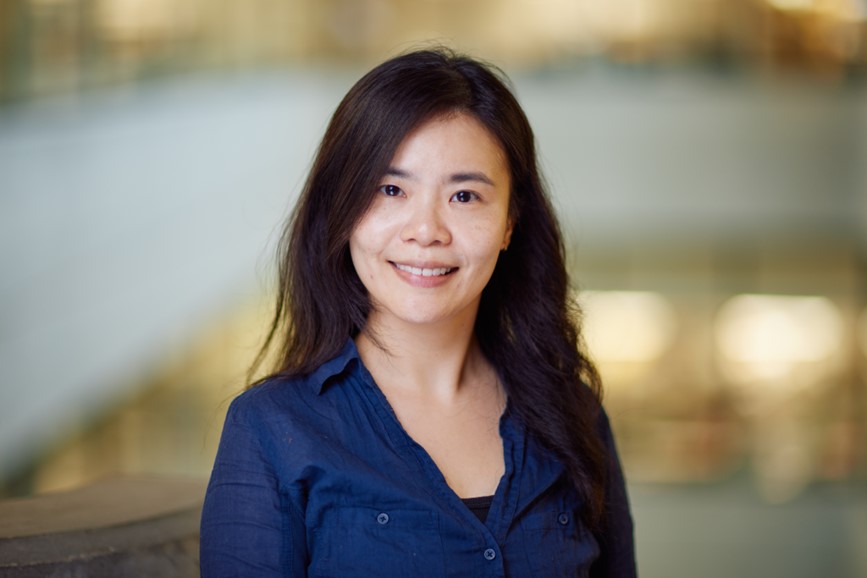Dr Kathy Chan
Group Leader: Experimental and Translational Theranostic

Dr Chan is a radiochemist with expertise in leading the development of novel radiopharmaceutical agents for disease imaging and therapy.
She is trained in (radio)chemistry and immuno-oncology. She completed her PhD in bioinorganic chemistry at La Trobe University, Australia, and subsequently held three postdoctoral positions at The University of Hong Kong and University of Oxford, working on the development of diagnostic and therapeutic probes (theranostics) development for immuno-oncology applications.
A significant aspect of her postdoctoral work involves the development of new halide-based poly (ADP-ribose) polymerase (PARP)-targeting radiopharmaceuticals for non-invasive imaging and therapy of PARP-expressing cancers, where PARP is often overexpressed in various aggressive cancer cells compared to healthy tissues. These include the creation of two 18F-based isotopologues of clinically used PARP inhibitors, namely 18F-olaparib and 18F-rucaparib, to enable whole-body PET imaging for non-invasive visualisation and quantification of PARP expression in patients. These radiopharmaceuticals have significant potential in aiding patient stratification for PARP inhibitor therapy and in predicting therapeutic efficacy, which cannot be achieved using the conventional genetic testing methods. The promising discovery subsequently led to the creation of two radiotheranostic agents 123I-olaparib (i.e. 123I-CC1) and 123I-rucaparib. This marks the first instance where 123I-olaparib has demonstrated potential as an Auger electron-emitting radionuclide for Targeted-Radionuclide Therapy (TRT), along with its application in SPECT imaging for PARP-expressing tumours.
Dr Chan currently leads the Experimental and Translational Theranostic Group, and continues to employ a multidisciplinary approach to develop novel radiotheranostic agents, with the goal of improving cancer diagnosis and creating effective therapies with minimal side effects. Her ongoing efforts have led to the development of a library of new PARP-targeting compounds, with the lead compound KK02 capable of chelating both diagnostic (PET or SPECT imaging) and therapeutic radionuclides (α-particles, β-particles, and Auger‐electrons) for personalised medicine. This strategy aims to provide new and effective, precise diagnosis and targeted therapy, enabling personalised treatment plans that improve treatment efficacy while minimising damage to healthy tissues. In addition, the radiobiology effects of different therapeutic radionuclides used in cancer therapy will offer new insights into cancer immunology, an area that remains largely unexplored but holds great promise for creating more effective cancer treatment strategies. Together, these innovations contribute to the creation of new personalised treatment approaches, combining the synergy between radionuclide therapies and immunological methods to achieve durable treatment response with minimal adverse effects in treating aggressive cancers. Her novel research has led to the filling of two patents.
Outside of work, Dr Chan loves diving into the world of sci-fi and horror movies, where she enjoys the thrill of imaginative storytelling and delves into thought-provoking, futuristic narratives. She also has a passion for cooking, though her culinary experiments are sometimes a little unpredictable – striking a balance between a ‘creative cooking’ vs a ‘regular meal’. Regardless of the outcome, the joy of discovering new flavors in the kitchen mirrors how she applies her experimental mindset from the laboratory to her cooking adventures.